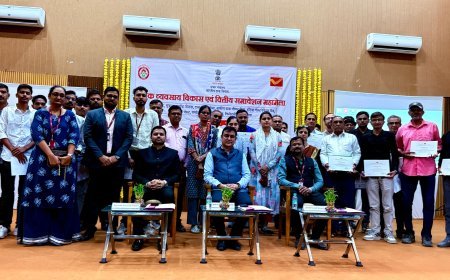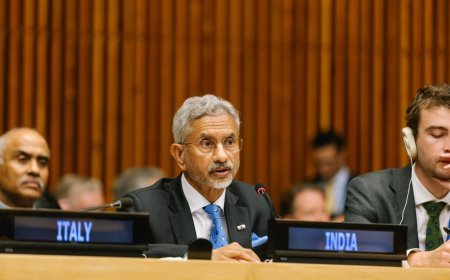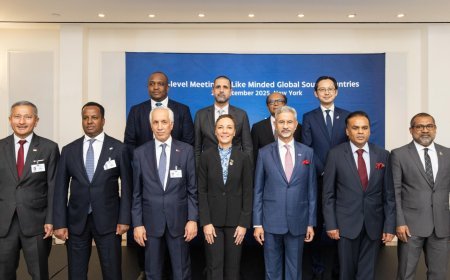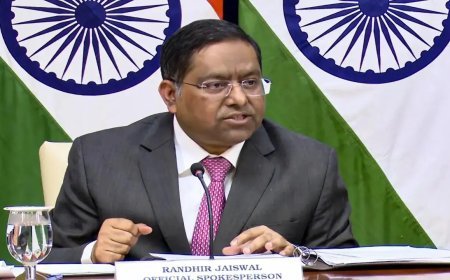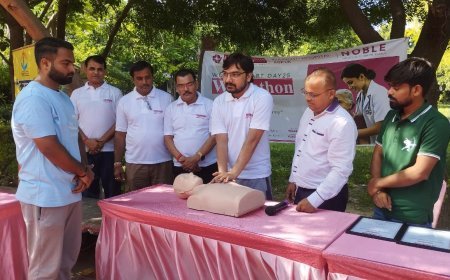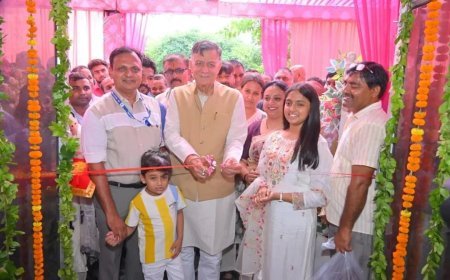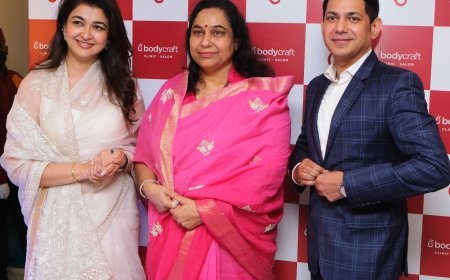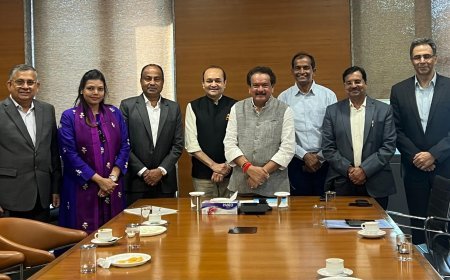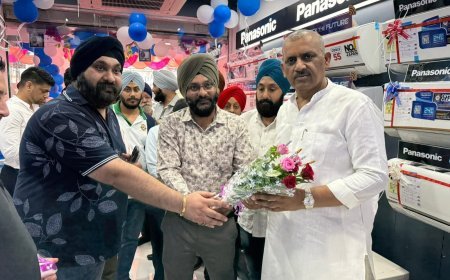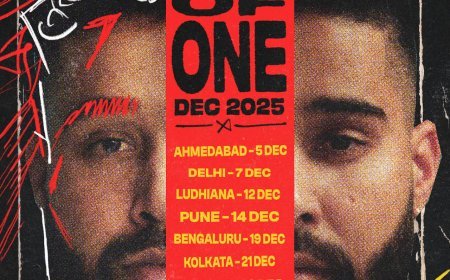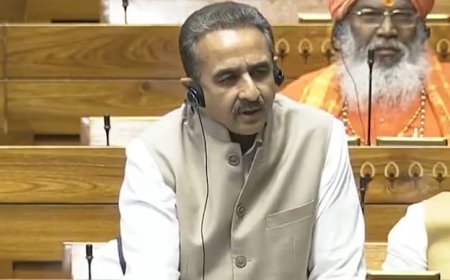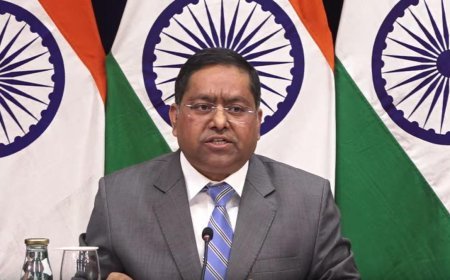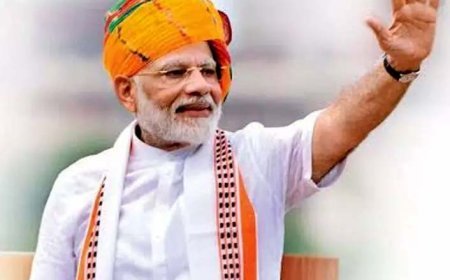India-UK Seal Landmark FTA, Unlocking Billions in Trade and Jobs
India and UK sign historic Free Trade Agreement to boost exports, create jobs, and strengthen bilateral economic and strategic ties.
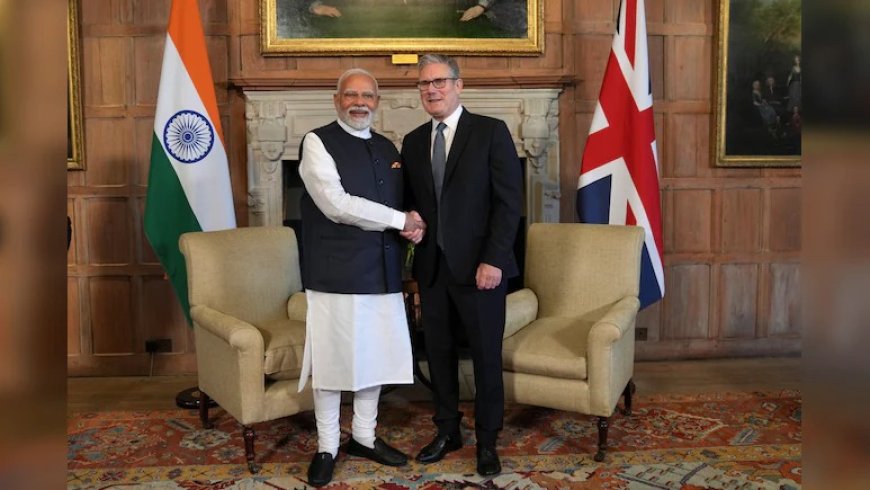
London : In a significant diplomatic and economic breakthrough, India and the United Kingdom have formally signed a Free Trade Agreement (FTA) on Thursday in the presence of Indian Prime Minister Narendra Modi and UK Prime Minister Keir Starmer. This deal, described as one of the most crucial bilateral trade agreements for Britain post-Brexit, marks a new chapter in the evolving strategic partnership between the two nations.
Under the newly signed FTA, the United Kingdom will reduce tariffs on 99% of Indian goods and services, giving Indian exporters massive access to the British market. In return, India will significantly lower import duties on 90% of UK products, setting the stage for more affordable British consumer goods in Indian markets.
Key provisions of the deal include slashing the current 150% tariff on Scotch whisky to 90%, with a gradual reduction to 40% over the next decade. Indian sectors poised to benefit include footwear, textiles, machinery, engineering goods, and auto components — especially from regional industrial hubs like Kanpur, Agra, Ludhiana, Panipat, and Surat. These sectors will now enjoy preferential access to the UK market, making Indian exports more competitive.
Additionally, tariffs on British automobiles, chocolates, biscuits, medical devices, and aerospace components will be reduced, making them more accessible and affordable for Indian consumers. The deal also opens new doors for Indian seafood, diamonds, and processed foods, creating increased revenue potential for Indian SMEs and exporters.
Prime Minister Modi emphasized that the agreement goes beyond economics, calling it a step toward deeper socio-economic cooperation. "This is not just a trade pact. It's a gateway to new opportunities for India's textile workers, farmers, fishermen, and youth. The FTA gives Indian products better access to UK markets and strengthens our role in global supply chains,” he said.
Echoing the sentiment, UK Prime Minister Keir Starmer stated that the deal is expected to generate over £6 billion in new bilateral investment and trade. “This agreement will directly benefit small manufacturers, artisans, and job creators. From sports equipment and machinery to hand-crafted jewellery and Kolhapuri footwear, UK consumers will now experience the diversity of Indian craftsmanship,” he added.
The two leaders also jointly announced the launch of ‘Vision 2035’ — a comprehensive roadmap for future cooperation in sectors including defence, education, emerging technologies, and people-to-people ties.
Alongside the FTA, India and the UK also finalized a Dual Contribution Commitment (DCC), allowing the UK economy to benefit from skilled Indian professionals. PM Modi described the DCC as a “win-win” that aligns India's talent pool with Britain's workforce needs, especially in healthcare and digital services.
This agreement is expected to become a cornerstone of the India-UK Comprehensive Strategic Partnership and could inspire similar bilateral deals with other G7 economies.
What's Your Reaction?
 Like
0
Like
0
 Dislike
0
Dislike
0
 Love
0
Love
0
 Funny
0
Funny
0
 Angry
0
Angry
0
 Sad
0
Sad
0
 Wow
0
Wow
0





